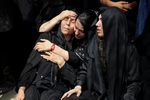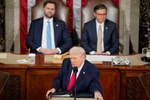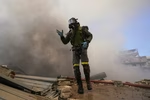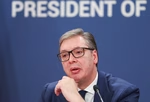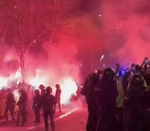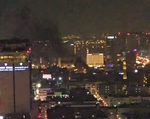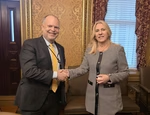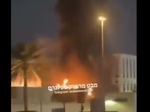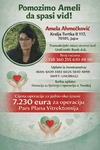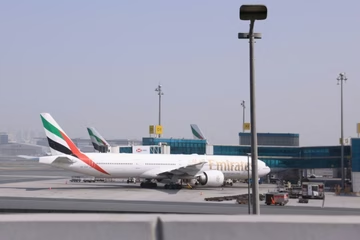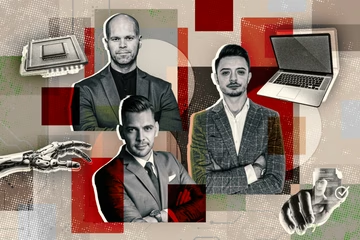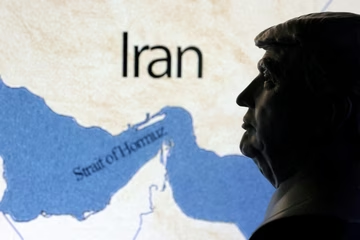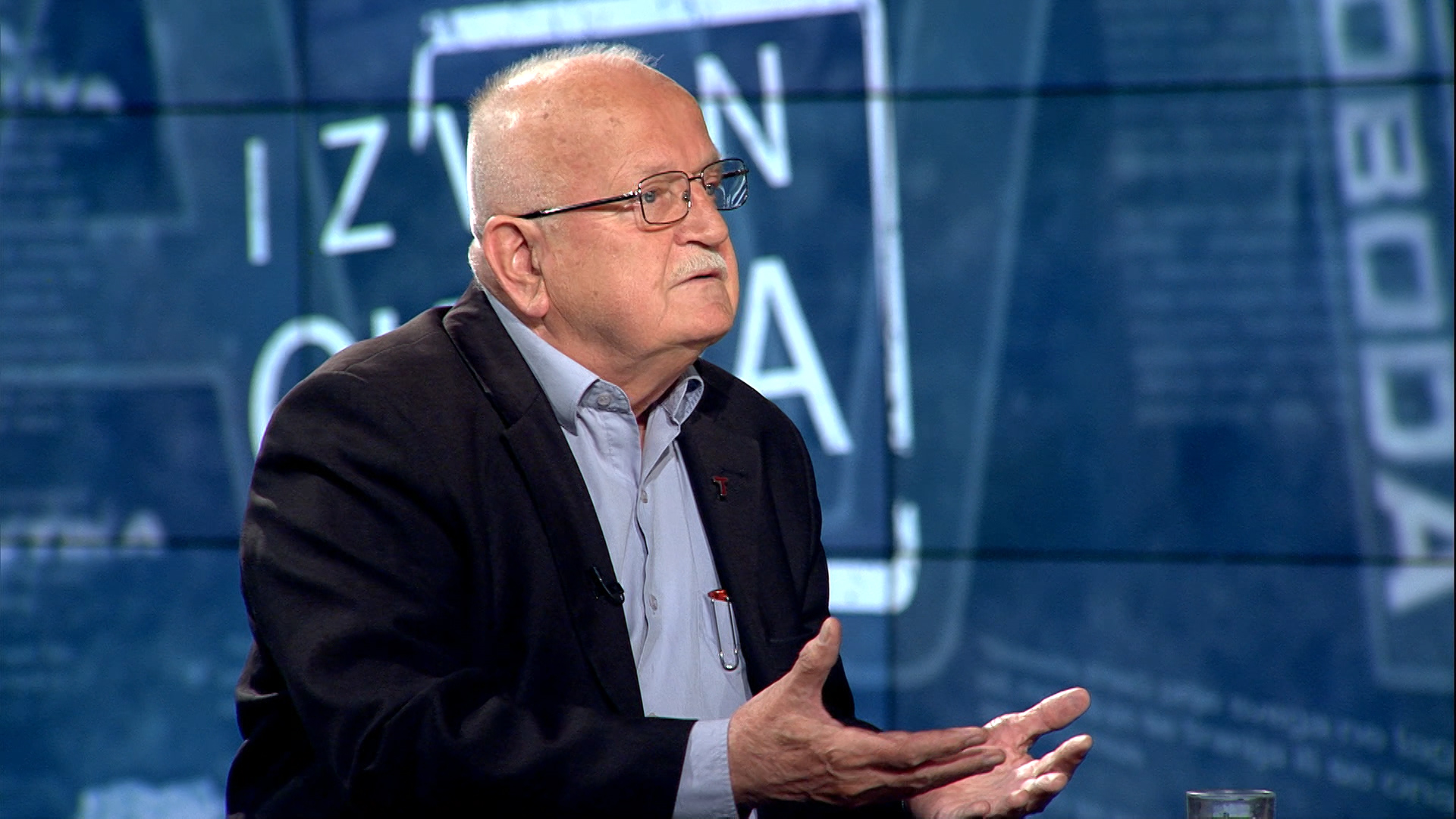
In a recent interview with N1's Nikola Vucic, Bosnian Franciscan and professor at the Franciscan Theology in Sarajevo, Ivo Markovic, stressed the necessity of supporting the initiative for adopting the UN Resolution on Srebrenica and called for the establishment of a regional truth and reconciliation commission. Known for his dedication to peace and reconciliation, Markovic reflected on the Bosnian war from the 1990s while expressing a hopeful vision for the future.
"We must publicly state: genocide was committed here," Markovic said, stressing the importance of acknowledging the atrocities committed during the Srebrenica massacre. Drawing parallels to Germany's post-World War II acknowledgement of genocide, he highlighted the need for authoritative figures to admit past wrongs and seek forgiveness. "The Germans had authoritative figures who were ready to publicly admit that evil was committed and to seek forgiveness, as these crimes were not committed in the name of the entire people," he added.
Markovic also addressed the role of current nationalist leaders in the region, particularly in the Republika Srpska (RS) entity and Serbia.
"Today, we have [Serbian President Aleksandar] Vucic and [RS President Milorad] Dodik – they are followers of [Radovan] Karadzic, [Ratko] Mladic, and [Slobodan] Milošević because they pursue similar policies. This is a catastrophe for the Serb people," he remarked, accusing these leaders of perpetuating the genocide through their official denial of the atrocities. He emphasised that such denial is a continuation of the genocide itself.
In a significant commendation, Markovic praised Bosnia’s Defence Minister Zukan Helez for his recent statements regarding the atrocities committed against civilians in Grabovica. On his Facebook profile, Helez wrote, “A crime is a crime, regardless of who committed it. Every mother grieves equally for her child, every child cries equally for their parents. Every victim deserves respect,” following his tribute to Croat civilians killed by members of the Army of the Republic of Bosnia and Herzegovina in 1993. "This is an example that should be followed by everyone on all sides in Bosnia and Herzegovina," the professor stated, underlining the importance of acknowledging and condemning crimes to foster reconciliation.
Reflecting on Croatia’s policy during the 1990s, Markovic offered a critical perspective.
"Perhaps the greatest catastrophe in the history of Croatian politics in the 1990s was the attempt to turn the Croat people in Bosnia and Herzegovina into their diaspora. After the horrific experience with the Independent State of Croatia during World War II, this policy of denying Bosnia and deceiving the Croat people into not perceiving Bosnia as their homeland – this is so dangerous," he said. However, he noted a positive shift in contemporary Croatian politics, observing that "Croatian policy is changing, now affirming Bosnia as an integral state."
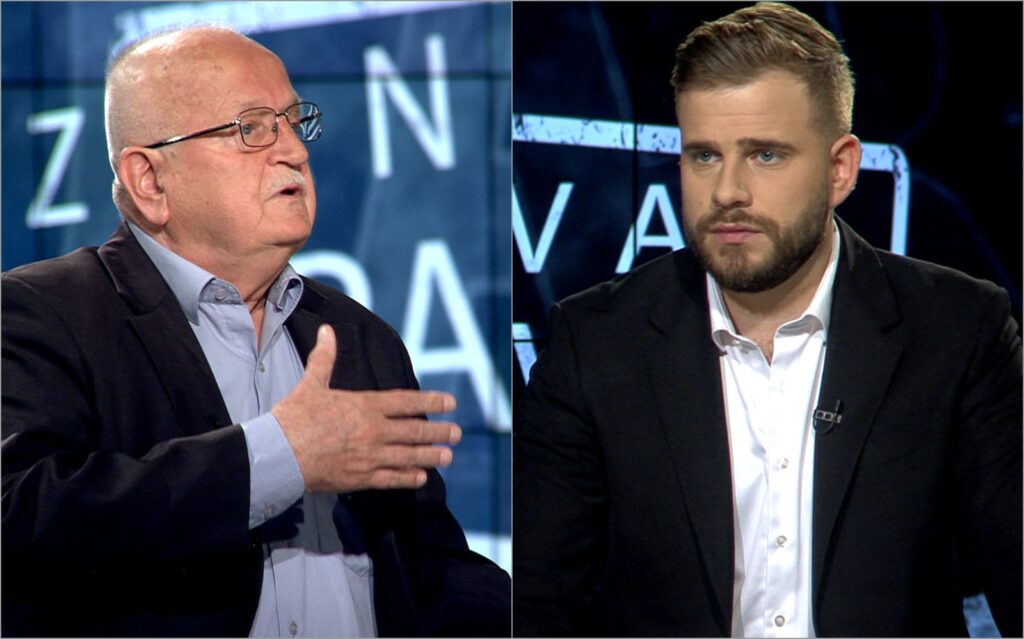
Markovic called for the creation of a truth and reconciliation commission to address past crimes and promote healing.
"We need a commission for truth and reconciliation that will bring together the most prominent experts from the region. Only in this way can we turn towards the future," he urged. The professor emphasised the necessity of critically addressing one's own crimes and the importance of repentance for the atrocities committed under the banner of Herceg-Bosna in the 1990s.
"Distancing ourselves from this is an opportunity to move away from conflict and the demonisation of ‘the other’," he explained.
Despite the burdensome topics discussed with N1’s Vucic, Markovic’s message was ultimately one of hope. He believes that through the acknowledgement of past wrongs and sincere efforts towards reconciliation, the region can move forward.
"Bosnia could be a wonderful place where we can live together and, God willing, people who have moved to European countries will return here," he concluded. "Reconciliation is a difficult process, but it is essential. It starts with an honest reflection and courage to admit and repent for past crimes."
Ivo Markovic is a distinguished Bosnian Franciscan and professor at the Franciscan Theology in Sarajevo. In 1998, he received the prestigious Peacemaker Award from the Tanenbaum Center in New York, alongside Nobel laureate Elie Wiesel. UN Secretary-General Kofi Annan delivered the inaugural lecture at the award ceremony, and world-renowned Swedish actress Liv Ullmann presented the award.
Following the Dayton Agreement in late 1995, the administration of the Franciscan Province of Bosnia Srebrena sent Markovic to the St. Anthony Monastery in Bistrik, Sarajevo. There, he began reconciliation projects inspired by Franciscan spirituality, focusing on reducing hostilities and promoting return. His ongoing efforts continue to foster peace and unity in a region still healing from the wounds of conflict.
Kakvo je tvoje mišljenje o ovome?
Učestvuj u diskusiji ili pročitaj komentare





 Srbija
Srbija
 Hrvatska
Hrvatska
 Slovenija
Slovenija








